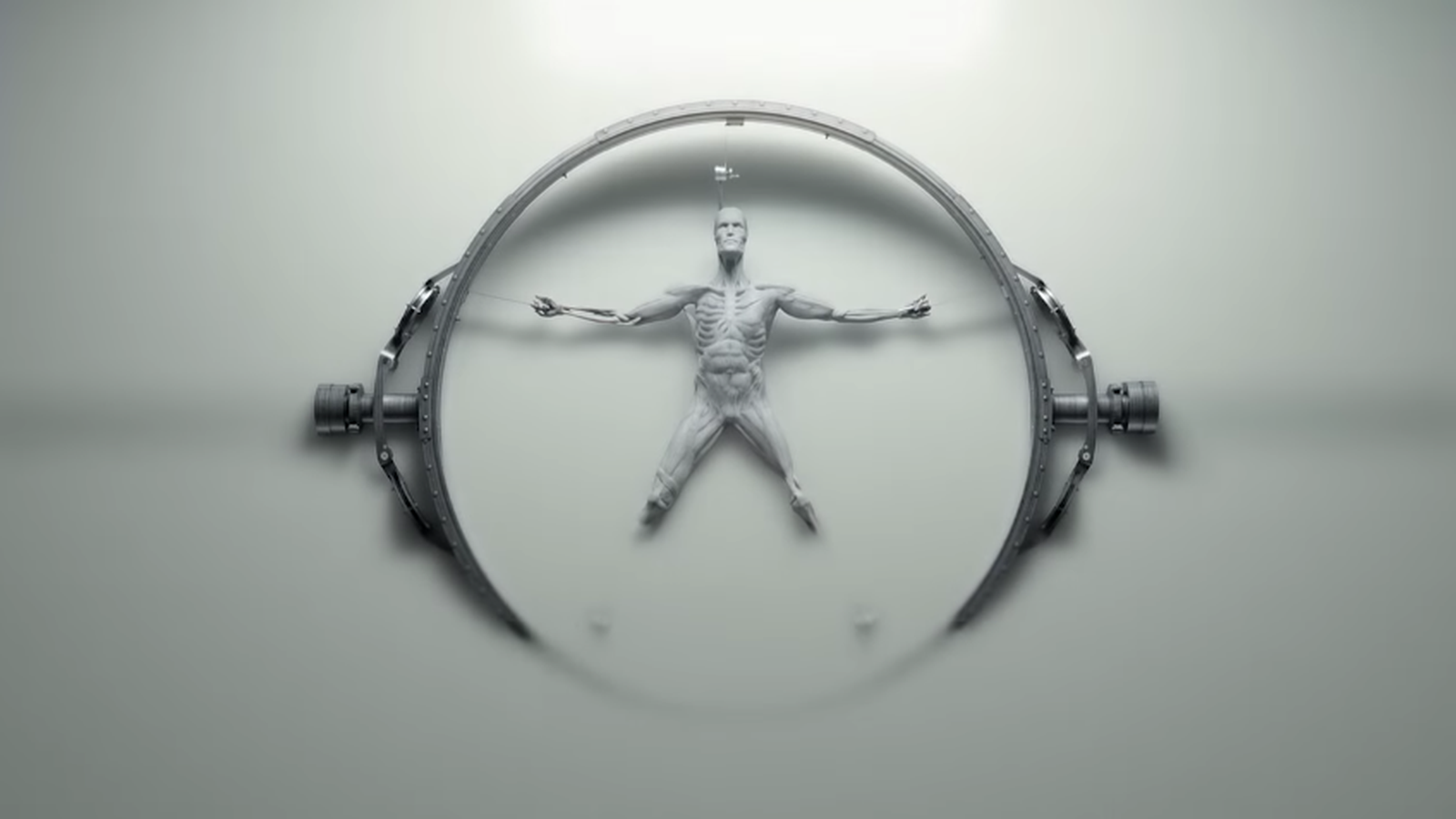January 7, 2017
Anti-Hero: Abandoning the Movie Inside Your Head
I was on my lunch break when I heard a car accident.
It sounded like a crushed Pepsi can amplified through cracked speakers.
I stood there trying to make sense of what I was seeing.
Then there was squeeling tires and smoke as the wrecked mini van rammed the car it had just struck a second time. The first collision had pinned the driver's full weight against the gas pedal causing him to strike the car twice.
Still, I just stood there.
Seconds later two men came out of the sandwich shop and sprinted to the accident scene. They took control and I assume gave medical attention to the drivers. Heroes.
I watched the rest of the scene from inside the restaurant as I ate my sandwich.
I used to think those men were heroes, that they possessed something I didn't. I wondered if some people were born heroes and others were destined to watch the action from the sidelines.
I don't believe that anymore.
A while back I wrote about your skull's fourth wall, about how each of us are the main character in a movie playing inside our heads. We maintain the illusion that we star in this movie and fool ourselves into believing we are directing the scenes in our lives. We perceive our role as hero but what we are actually doing is editing. When reality intrudes on our narration, we rationalize. We edit the movie to fit our self image. The movie plays on and we are oblivious to the editorial decisions.
When those two dudes ran to rescue the accident victims I had to change the movie in my head. They were clearly the heroes in that scene. So I rationalized my inaction like this:
"Our hero was inspired by the quick action of the rescuers. He vowed from that day forward he would be a man of action. If he witnessed people suffering he promised himself he would be the first to give aid. No more standing on the sidelines for Adrian."
That inner monologue solved the incongruity in my plot line and I moved on with my life. I invented an excuse that allowed me to remain the hero in my inner-movie without having to face the embarrassment of not knowing what to do in an emergency situation. But there's still a problem.
Rationalization isn't heroic.
If we are stuck as the heroes in our imaginary movies our lives are destined to be controlled by rationalization. Change is not possible. But if accept the movie for what it is, an illusion, or better yet a delusion, perhaps we can abandon our imaginary hero personas and become people that actually change the world. I would much rather be a real change agent than a fake hero, wouldn't you?
The ultimate change agents are people like Donald Trump or Steve Jobs who seem to have reality distortion fields. Whether your inner-movie has casts them as heroes or villains you have to admit that they are distorting your movie. They force us all to rationalize our beliefs, to reinforce our storylines, and to reassure ourselves that we are still heroes. Convinced or our hero status we are oblivious to our status as part of the mob. We are zombie puppets, unaware of the strings controlling our actions.

Like many of you I have been captivated by Westworld lately. I won't spoil anything, but I have never seen a show that forces you to question reality this thoroughly. It is full of stereotypes, of characters we think we understand. But in Westworld there is a sense that anyone can break from their contrived roll and change their world. It is great television, but it is also a great metaphor. Change is only possible if we abandon the movie inside our heads and silence the voice inside that tells us we are the hero. We are capable of more than rationalization, we can be change agents.
In your movie you are asking yourself if you are the type of person who believes this kind of stuff. That makes you exactly the type of character that should follow me. Each week I write unpredictable stories like this that make you question my sanity. Stay creative.